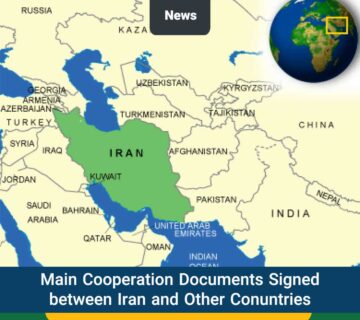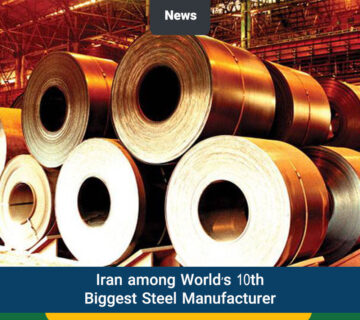In this article you will read:
Methods of Foreign Investment: Foreign Direct Investment (Part Ι)
Introduction
According to article 3 of the Iran’s Foreign Investment Promotion and Protection Act (FIPPA), methods of investment are:
(i) Foreign Direct Investment (FDI) where the activity of the private sector is permitted;
(ii) foreign investment in all sectors within the framework of “Joint-venture”, “buy-back” and “build-operate-transfer (BOT)” schemes where the return of capital and profits accrued is solely emanated from the economic performance of the project in which the investment is made, and such return of capital and profit shall not be dependent upon a guarantee by the government, state-owned companies or banks.
Foreign direct investment is a kind of exterritorial investment in a business enterprise by a natural person or a legal entity based in another country with the aim of achieving long-term profit. In this type of investment, control and management of the enterprise as a whole or in part will often be in the hands of foreign investor. Based on FIPPA, foreign direct investment attained in the following ways:
- Through the use of foreign investment in a new Iranian company or by the purchase of an already-established company’s shares by the foreign investor;
- Through contractual arrangements between the parties with or without formation of company.
You might also be interested in :
Furthermore, it can be construed from article 3 of FIPPA and related regulations that Foreign investment in economic sectors that are monopolized by the government will only be permitted where the return of capital and its profits is solely through the economic activity of the same investment project and does not rely on any guarantee by the government or government companies or banks. In fact, this article states the criteria for foreign investment in the public and private sectors of the Iran’s economic system.
Under article 44 of The Constitution of the Islamic Republic of Iran:
“The economy of the Islamic Republic of Iran is to consist of three sectors: state, cooperative, and private, and is to be based on systematic and sound planning.

1. The state sector is to include all large-scale and mother industries, foreign trade, major minerals, banking, insurance, power generation, dams, and large-scale irrigation networks, radio and television, post, telegraph and telephone services, aviation, shipping, roads, railroads and the like; all these will be publicly owned and administered by the State.
2. The cooperative sector is to include cooperative companies and enterprises concerned with production and distribution, in urban and rural areas, in accordance with Islamic criteria.
3. The private sector consists of those activities concerned with agriculture, animal husbandry, industry, trade, and services that supplement the economic activities of the state and cooperative sectors.

Ownership in each of these three sectors is protected by the laws of the Islamic Republic, in so far as this ownership is in conformity with the other articles of this chapter, does not go beyond the bounds of Islamic law, contributes to the economic growth and progress of the country and does not harm society. The scope of each of these sectors as well as the regulations and conditions governing their operation, will be specified by law.”
Based on section “A” of the General policies of the Article 44 of the Constitution of the Islamic Republic of Iran: “Investment in and management and ownership of those sectors that fall under Article 44 are permissible by the non-state enterprises and public institutions, and the cooperative and private sectors as described below:

(i) Large-scale industries, mother industries (including large downstream oil and gas industries) and large mines (except oil and gas).
(ii) Foreign trade activities in the framework of trade and foreign currency policies of the country.
(iii) Banking operations by non-state public enterprises and institutions, publicly-held cooperatives and joint stock companies, provided maximum shareholding of each shareholder is determined by law.
(iv) Insurance
(v) Power supply, generation and importation of electricity for domestic consumption and export.
(vi) All postal and telecommunication activities, except the main telecommunication grid, assigning of frequencies and main networks of postal exchanges, routing and management of distribution of mails and basic postal services.
(vii) Roads and railways
(viii) Aviation (air transport) and shipping (marine transport).
The optimal share of the State and non-State sectors in the economic activities covered under the preamble of Article 44 will be determined by law by taking into view the sovereignty and independence of the country, social justice and economic development and growth.”
Considering the above-mentioned General Policies of Article 44 which has been instructed by Supreme Leader of Iran, the private sector can invest, manage and own economic activities specified in this instruction. As a result, foreign direct investment is allowed in these eight grounds by foreign investors.
Our team is composed of highly skilled and versatile lawyers who combine practical experience and academic knowledge of their field. Most of our practitioners have worked in different professional environments, often outside their home jurisdiction.





No comment